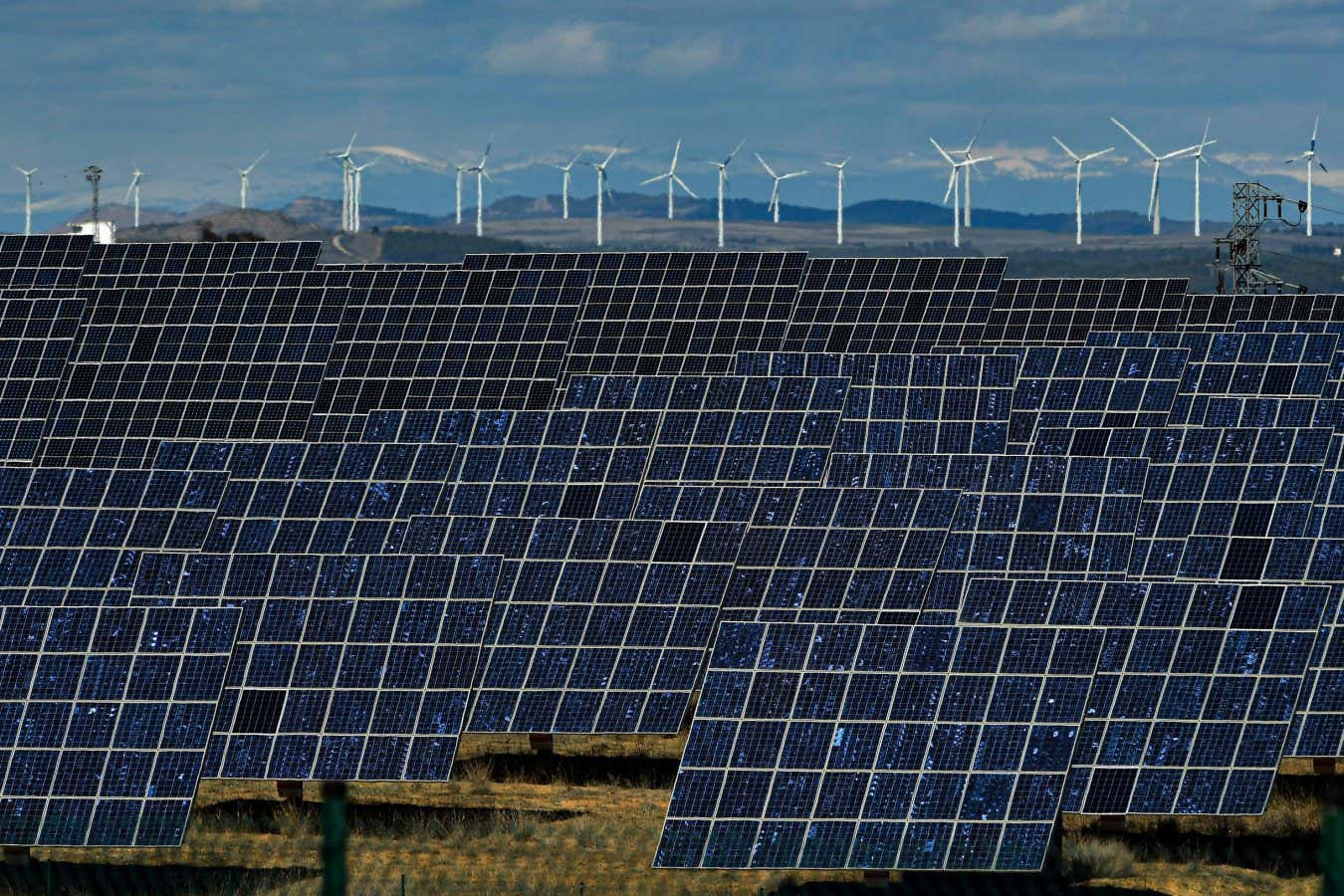On 6th December 2024, the Supreme Court of Kenya affirmed the constitutional rights to a Clean and Healthy Environment and the highest Sustainable Standard of Health Care and Sanitation as provided for under Articles 42 and 43 of the Kenyan 2010 Constitution. In the groundbreaking 70-page decision, the Apex Court attributed environmental harm caused by the actions and inactions of state agencies – Export Processing Zone Authority (EPZA) and National Environment Management Authority (NEMA)
Case Overview
The case, EPZA & 10 Others v NEMA & 3 Others [2024] KESC 75 KLR, was a consolidated appeal concerning residents of Owino-Uhuru Village in Mombasa County. At the heart of the dispute was the Metal Refinery (EPZ) Limited, which had established a lead-acid battery recycling factory. The factory’s operations led to the release of toxic waste into the village, resulting in various illnesses and over 20 deaths.
The residents had protested, leading to intermittent closures and an eventual permanent closer in 2014. NEMA had approved the project by issuing an Environmental Impact Assessment License which EPZA relied on to issue an export processing zone license, arguing the doctrine of presumption of regularity. This doctrine is founded on the assumption that all acts by a competent authority, such as NEMA, are presumed to be done, in compliance with the laws and procedures, until the contrary is proved. The Supreme Court rejected EPZA’s defence, as such a presumption does not oust EPZA’s responsibility to probe and verify NEMA’s compliance with administrative duties.
Public Participation and the right to access information
The trial Court had determined that there was no record of public participation, which is a fundamental cornerstone of public governance and a key constitutional requirement before the issuance of a license which would eventually affect the commencement of the operations of the metal refinery. Residents were also systemically denied the right to access information – especially about how the exposure to lead would affect them and any precautions to protect themselves.
Violations of Environmental Laws
Section 23 (2)(c) of the EPZ Act prohibits EPZA from issuing licenses for businesses with deleterious environmental impacts or one that may cause a health hazard. Despite this mandatory provision, EPZA issued a license without due regard for the adverse consequences the heavy metals would have on the environment and upon the flora and fauna if not handled or disposed of properly, contrary to the requirements of the Basel Convention which Kenya is party to.
State and State Agencies Ignoring Their Obligations?
The Supreme Court, in relying on the African Commission on Social and Economic Rights decision in Action Centre (SERAC) & Another vs. Nigeria Communication 155/96, underscored the positive obligations that the Constitution places upon the state, including State organs such as NEMA and EPZA, to promote and protect the rights of all persons and this is through taking all the necessary measures which they failed to. These obligations mean rights may be invoked not only where the pollution originates from the state’s actions but also where it results from a lack of regulation of private activities.
Continuing Violation Doctrine
The Court also rejected the argument fronted by EPZA that the trial Court and the Court of Appeal retroactively applied the provisions of the Constitution as the actions took place in 2007, before the adoption of the Constitution in 2010. The Supreme Court rightfully observed that the infringement was not static but a continuing violation [89]. If anything, the actions did not commence and end in 2007.
Compensation and Polluter Pays Principle
It is trite law that where there is a right, there is a remedy. The polluter pays principle is thus applicable as the right to compensation under Article 23 of the Constitution. This principle finds its way under Principle 16 of the Rio Declaration. It has been domesticated in the Environmental and Coordination Management Act, which obligates the polluter to clean up the contaminated land, regardless of whether the contamination was foreseeable. Courts have thus been given this extensive power to compel the government and State agencies to take restorative measures and provide for compensation. The Supreme Court affirmed the trial court’s determination of compensation of Kshs. 1.3 Billion and payment of the sum of Kshs. 700 Million to coordinate the soil and environmental clean-up exercise.
Conclusion
The Supreme Court has set a precedent for the protection of environmental rights affirming state agencies are not immune from the Polluter Pays Principle especially where there is a causal link between their actions, a company’s negligence and resulting harm. By holding state agencies liable for regulatory lapses, this case marks a significant stride in protecting vulnerable communities, such as the residents of Owino-Uhuru, from environmental harm.










